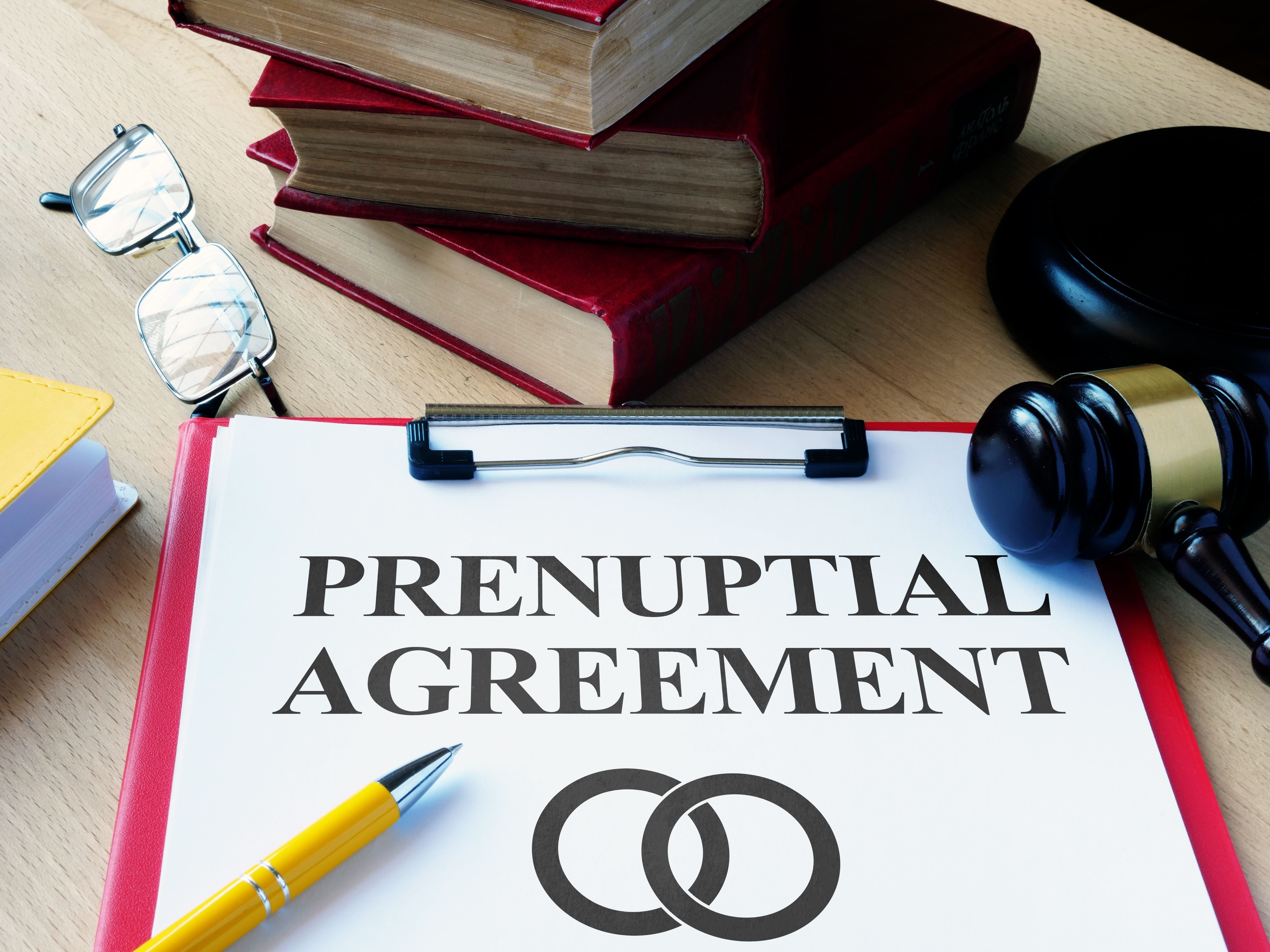
Divorce Financial Settlement
A divorce and financial settlement is important because in ensuring a divorce runs as smoothly as possible we require full disclosure of our client’s financial assets. This allows us to protect your financial interests as effectively as possible in reaching an agreeable settlement. Ordinarily, a financial settlement will be able to be met by mutual agreement between separating partners and their solicitors. In this case, we will provide mediation services to ensure your interests are looked after.
no obligation

It is also normal for court procedures to be used to resolve a financial settlement. Accordingly, this may be appropriate where maintenance, pensions or transfer of property is at issue for example. So, if this is the case, we will provide representation and guidance on resolving any problems.
Finally, we understand that separation can be difficult and matters regarding financial settlement can get complicated. Additionally, our experienced divorce solicitors will walk you through the process step by step and help to ensure that your interests are protected.
For further information on Divorce and Financial Settlement matters please visit the link below
FAQs
Monetary Assets in Divorce and Financial Settlement
Monetary assets may also need to be divided. There are no hard and fast rules regarding the division of assets in divorce. This is because no divorce or separation is the same. When dividing assets, the Court and our solicitors will take account of various factors when advising their clients. So, these factors include but are not limited to:
Income and earning capacity, property and other financial resources that you and your spouse have or are likely to have in the foreseeable future.
Financial needs, obligations and responsibilities, which you and your spouse have or is likely to have in the foreseeable future.
The standard of living enjoyed by your family before the breakdown of the marriage.Any physical or mental disability of either spouse.
Additionally, the contributions that you and your spouse have made or are likely to make in the future to the welfare of the family.
Conduct of you and your spouse, if that conduct is such that it would be unfair to disregard in the opinion of the Court.
Also, the value to you and your spouse of any benefit that one spouse would lose because of the divorce. Where no such agreement can be reached further expert guidance and advice will be sought.
What happens in the Divorce Settlements if there are no assets to divide?
Even in cases with minimal or no shared assets, it's crucial to formally conclude the relationship by obtaining a Clean Break Order, also known as a 'Clean Break divorce settlement.' This legal step prevents either party from making future claims against the other, safeguarding assets like potential lottery winnings or inheritances.
How long will it take to get my financial settlement?
If you and your spouse reach an agreement, the court can issue your court order simultaneously with the decree nisi, but it won't become effective until the decree absolute. This typically takes about 6 to 8 months in total due to longer court lead times. However, if you do not reach an agreement, especially if your spouse is uncooperative in disclosing their financial situation, the process can extend considerably, potentially taking 12 to 18 months or even longer.
Other options for reaching a divorce settlement agreement
There are other options for reaching a financial settlement outside of court. These include:
Addressing matters privately and coming to a resolution before seeking legal counsel for guidance on the agreement you've reached.
Settling through solicitors, either in a meeting or through writing.
Collaborative law, which involves a sequence of meetings where you, your spouse, and your respective solicitors cooperate to achieve a mutual agreement.
Mediation or arbitration through a neutral third party.
Once you and your partner have come to an agreement, you or your solicitor should request the court to formalize it with a 'Consent Order' to make it legally binding, potentially without the need for your attendance at hearings.
In cases where agreement cannot be reached, the court will determine a fair financial settlement and issue a legally binding financial order that applies to both parties.
What is a fair split in a divorce?
In a divorce, assets are not automatically divided equally; the primary focus is on the specific needs of all parties involved, especially the welfare of children.
The court may opt for a fifty-fifty division in cases of lengthy marriages, or they may favour an unequal distribution if one party is deemed to have greater financial requirements than the other. For instance, if one partner sacrificed their career for childcare, the judge may consider an uneven distribution of assets.
Get in Touch
Speak to us with No Obligation
Contact Our Solicitors
Please fill out the simple form below and we will contact you as soon as possible









